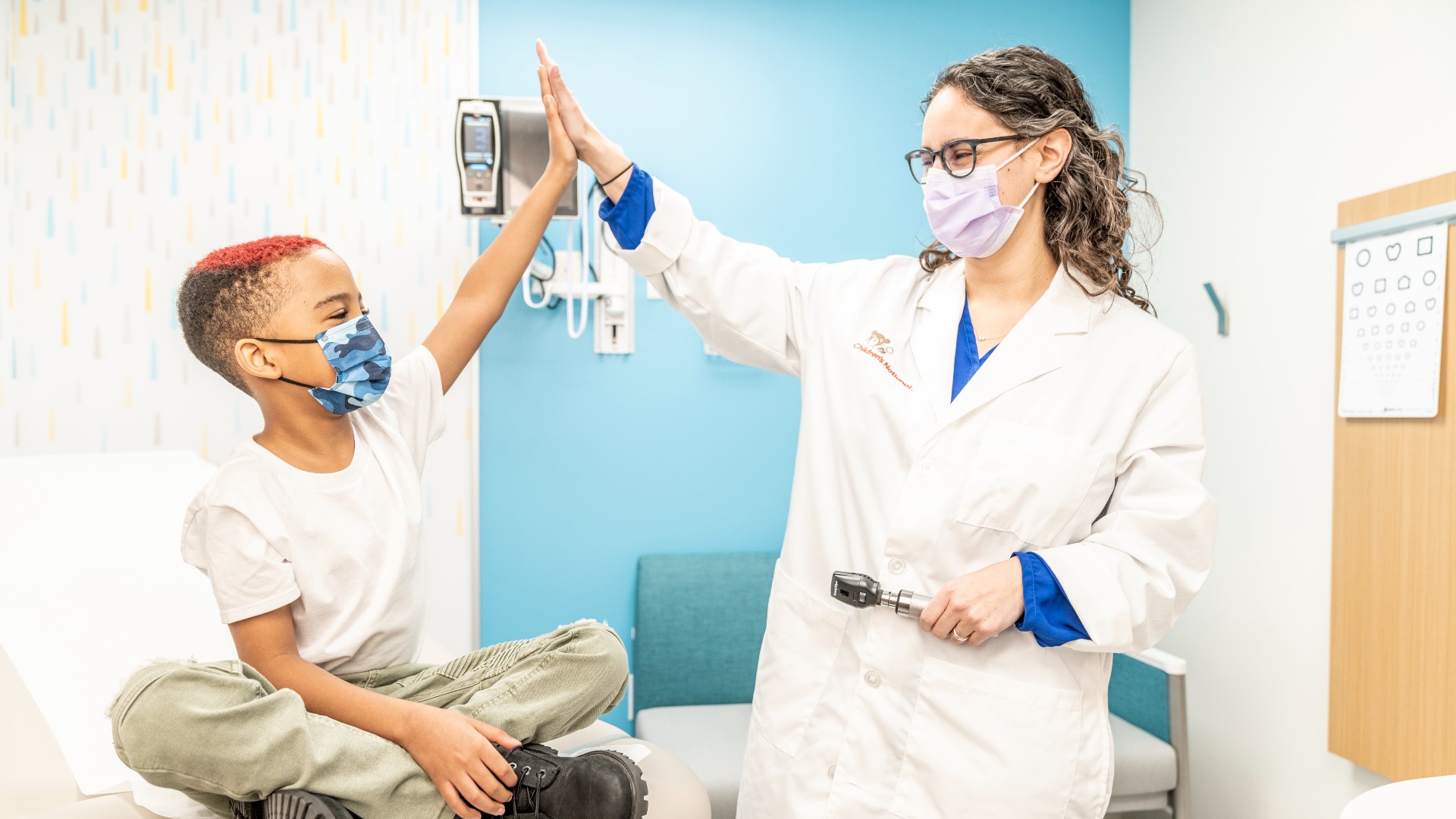

Online Resources
STRIVE DC
Helpful Websites
Sickle Cell Adolescent Transition Guidelines
Our Sickle Cell Adolescent Transition Guidelines are designed for teens with sickle cell disease to help them better understand their health condition. Teens will learn how sickle cell is affecting their bodies, how to make the move from a pediatrician to an adult doctor, how to manage pain, learn about sexual health and also ask questions and learn from other teens with sickle cell disease.
What is Transition?
Transition means changing or moving from one stage or place to another. Everyone goes through transitions in life — like when you graduated from elementary school, high school or college. Transition can be exciting, involving new experiences. But transition can also be difficult and scary, especially when you are not prepared for it.
An important transition in your life will be moving from child to adult-centered healthcare for your sickle cell disease. This transition occurs differently around the country depending on your sickle cell program, but usually involves changing your sickle cell doctor and hospital. Transition also involves other important aspects like:
- Having better knowledge and understanding of sickle cell disease
- Answering and asking questions at your medical appointments
- Making your own medical decisions
- Taking your medicines independently
- Advocating (speaking up!) for yourself
About Transitioning to Adult Care
When does transition occur?
Where should I transition?
Why do I need to transition?
Becoming an Advocate for Yourself
What is an advocate?
Am I ready for transition?
Frequently Asked Questions



